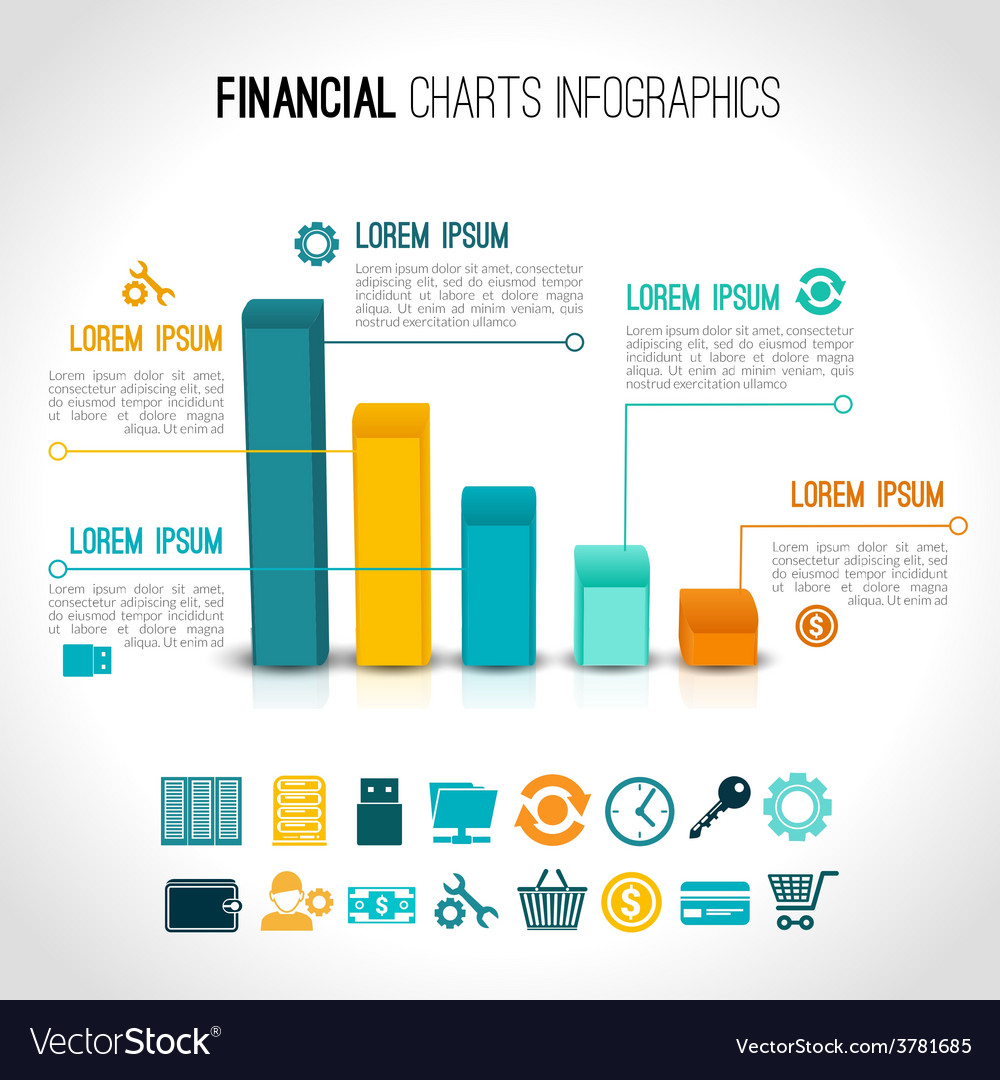Interested In Learning More Concerning The Subtleties Of Performance And Repayment Bonds In Construction Jobs?
Interested In Learning More Concerning The Subtleties Of Performance And Repayment Bonds In Construction Jobs?
Blog Article
Content Writer-
You may not realize that performance bonds and repayment bonds play vital yet distinctive roles in building tasks. While both kinds of bonds provide economic safety and security, their focus and recipients differ significantly. Understanding the details objectives and insurance coverage variants in between efficiency and repayment bonds can assist you browse the complexities of task agreements more effectively. By deciphering the distinctions in exactly how these bonds run, you will acquire valuable insights right into enhancing financial protection and task success in the building and construction sector.
Function and Coverage Differences
When thinking about performance bonds versus payment bonds, understanding the function and insurance coverage distinctions is essential for contractors and task owners alike. Efficiency bonds mainly secure job proprietors by making sure that the specialist completes the project according to the terms of the contract. They offer financial protection and guarantee that the project will be completed even if the professional defaults.
On the other hand, settlement bonds are designed to shield subcontractors and distributors by assuring repayment for labor and materials utilized in the task. Repayment bonds assist protect against non-payment issues and guarantee that every person associated with the task is compensated fairly.
Essentially, performance bonds concentrate on the successful completion of the project, while payment bonds focus on guaranteeing that all parties entailed get proper payment for their payments. Both types of bonds serve vital roles in building and construction jobs, offering peace of mind and monetary safety and security to various stakeholders. Comprehending these differences can aid you make notified decisions when browsing legal requirements and responsibilities.
Application and Qualification Variances
Application and Certification Variations might vary based on the particular demands set forth by the project owner and the bonding business. When applying for an efficiency bond or a repayment bond, you'll require to meet particular criteria to certify. The application process normally entails offering in-depth info concerning your business's economic security, previous performance on comparable jobs, and your ability to finish the work as specified in the agreement. contractors bonding and insurance bonding company will certainly analyze this information to figure out the degree of threat involved in bonding your job.
Credentials requirements can range performance bonds and payment bonds. Efficiency bonds might call for a much more rigorous analysis of your business's economic health and record, as they assure that the project will certainly be finished according to the agreement terms. On the other hand, payment bonds focus on guaranteeing that subcontractors and vendors are spent for their work. This difference in emphasis can cause varying qualification requirements depending on the kind of bond being sought. https://www.insurancebusinessmag.com/us/news/construction/my-surety-wants-to-use-funds-control-to-provide-my-bonds-why-104423.aspx to understand these distinctions to navigate the application process successfully.
Impact on Building Jobs
Comprehending the effect of performance and settlement bonds on building tasks can enhance your project's monetary protection and completion assurance.
Efficiency bonds guarantee that the work will certainly be finished according to the contract terms and requirements. In the event of a professional default, the bond provides the job owner with the needed funds to employ a substitute service provider. This aids in preventing task hold-ups and cost overruns.
On the other hand, repayment bonds shield subcontractors and providers by ensuring they get settlement for the services and products they provide on the project. This safety motivates subcontractors to bid on tasks without the fear of non-payment.
Conclusion
Congratulations, you've currently mastered the art of figuring out the complex globe of performance bonds versus repayment bonds!
Remember, performance bonds are like the superhero safeguarding task owners, while settlement bonds guarantee reasonable compensation for the unrecognized heroes of subcontractors and distributors.
mortgage surety bonds browsing the building and construction industry, simply remember these dependable partners and watch your projects skyrocket to brand-new heights.
Happy bonding!
